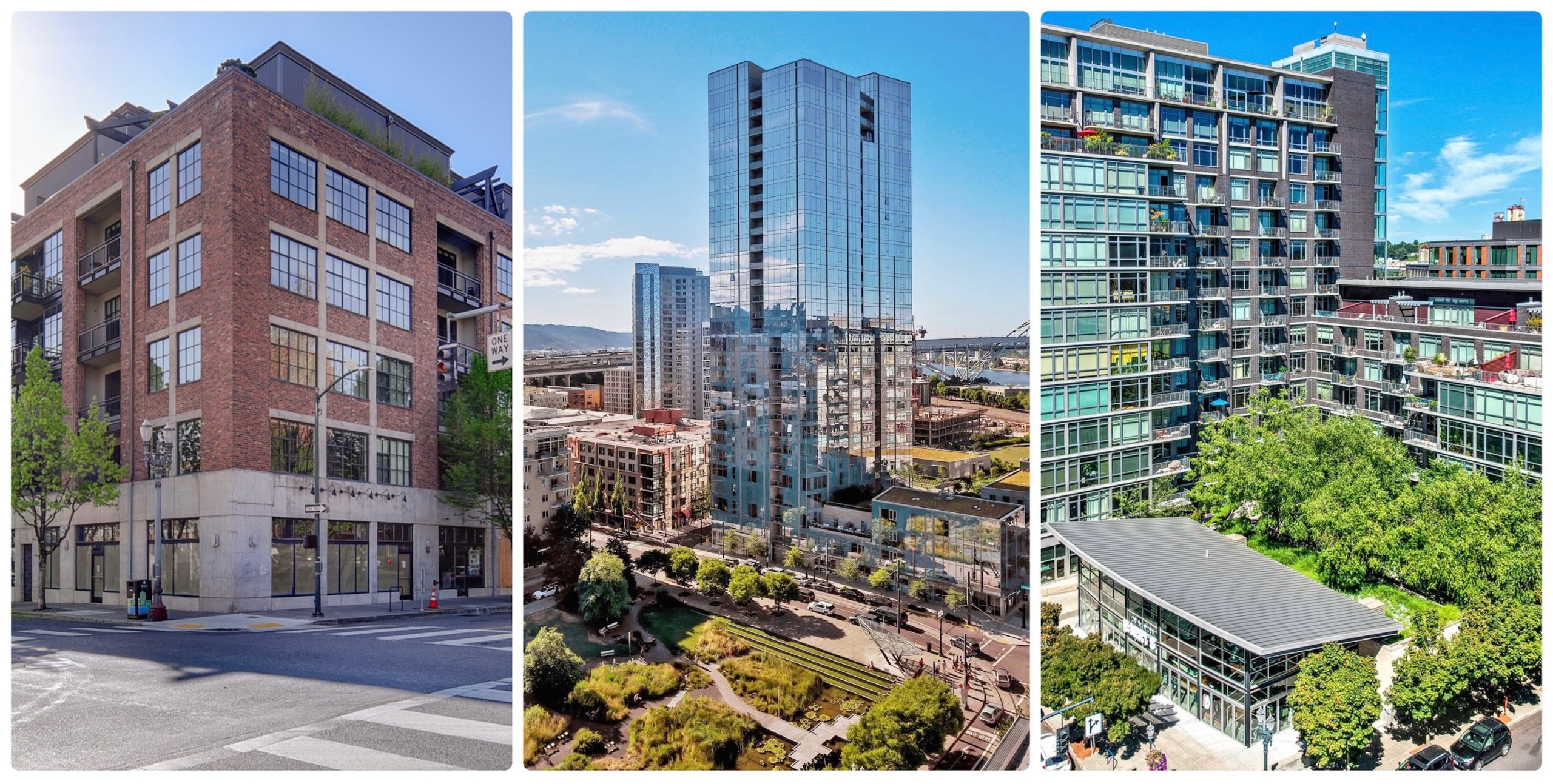
Understanding Condo HOA Dues: What You Need to Know
If you're considering buying a condominium, you've likely come across the term "HOA dues." HOA, which stands for Homeowners Association, dues are fees that condo owners pay to cover various expenses related to the upkeep and maintenance of the condominium complex. Understanding what these dues entail is essential for any prospective condo buyer. In this blog post, we'll delve into the details of condo HOA dues to help you make an informed decision.
What Are Condo HOA Dues?
Condo HOA dues are monthly or quarterly fees paid by condominium owners to the homeowners association responsible for managing the common areas and amenities of the condominium complex. These dues are used to cover a wide range of expenses, including but not limited to:
- Maintenance and Repairs: Dues typically cover the cost of maintaining and repairing common areas such as lobbies, hallways, elevators, swimming pools, gyms, and landscaping.
- Utilities: The HOA may include utilities such as water, sewer, trash removal, and in some cases, even cable TV and internet services for common areas.
- Insurance: The HOA often maintains insurance coverage for the condominium complex's common areas and structures, and a portion of the insurance premiums may be included in the dues.
- Reserve Fund: A portion of the dues is typically allocated to a reserve fund, which is used to cover unexpected expenses and major repairs or replacements of common elements over time.
- Management Fees: The HOA may hire a professional management company to oversee day-to-day operations, and part of the dues may go towards covering their fees.
Factors Influencing Condo HOA Dues
Several factors can influence the amount of condo HOA dues:
- Size and Amenities: Condominium complexes with more extensive amenities such as pools, fitness centers, concierge services, and security may have higher HOA dues to cover the increased maintenance costs.
- Age and Condition: Older condominium buildings may require more frequent repairs and maintenance, which can impact the cost of dues. Conversely, newer buildings may have higher dues initially to build up the reserve fund.
- Location: The cost of living and property values in the condominium complex's location can also affect HOA dues.
- Special Assessments: In addition to regular dues, condo owners may be subject to special assessments for unexpected expenses or major repairs not covered by the reserve fund.
Importance of Reviewing HOA Documents
Before purchasing a condominium, it's crucial to review the HOA's governing documents, including the bylaws, budget, reserve study, and meeting minutes. These documents will provide valuable insights into the HOA's financial health, upcoming projects, any outstanding issues, and the history of dues increases.
Conclusion
Condo HOA dues play a vital role in maintaining the overall quality and value of condominium communities. By understanding what these dues cover and the factors influencing their amount, prospective condo buyers can make informed decisions and budget effectively for homeownership. Remember to review the HOA documents thoroughly and consult with your real estate agent or legal advisor to ensure a smooth condominium buying process.




